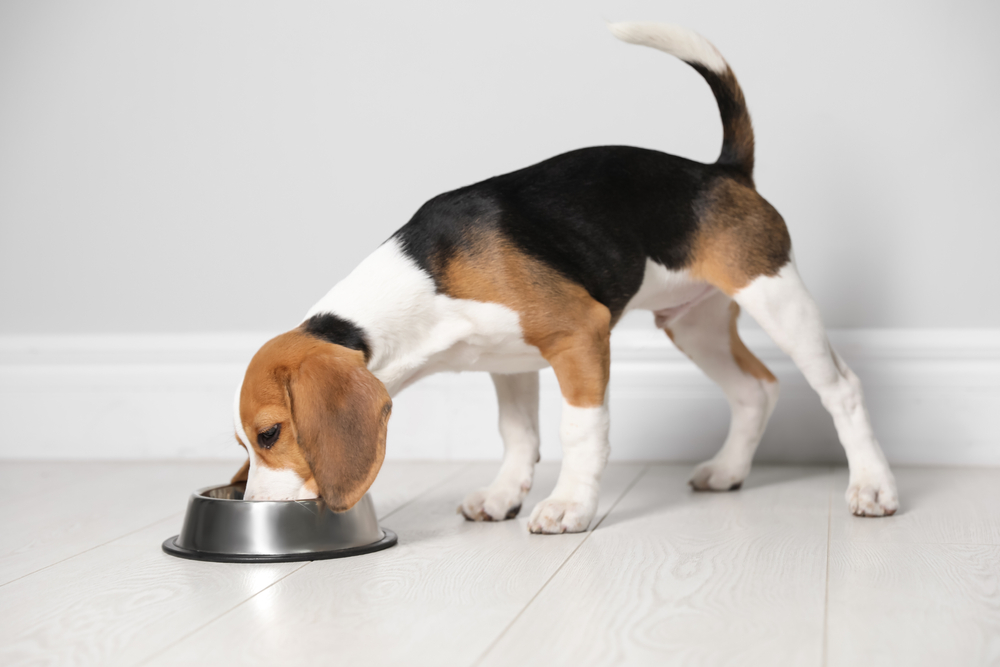

Taking care of your pet is about more than cuddles and playtime. It starts with feeding them well. When your pet eats the right food, you will see it in their wagging tail and bright eyes. Good nutrition keeps them lively, strong, and feeling great every day. Just like human beings, pets need a balanced diet to stay happy and healthy for years to come.
Every pet is different, and what they need to eat changes as they get older. Puppies and kittens need more protein and energy to help them grow up strong. Older pets usually do not need as much food but could use extra vitamins to keep feeling good. Paying attention to these changes helps your pet stay happy and healthy through all their life stages.
Choose High-Quality Pet Food
Picking the right food for your pet is the first thing you want to do. Check the label for words like “complete and balanced”. That means it has everything your pet needs. Try not to feed them leftover human food or snacks that aren’t made for pets. Those don’t always have the right nutrients and could even make your pet sick.
High-quality pet foods have ingredients suited for your pet’s age and health. For example, large dog breeds may need food that supports joint health. Always read the label and pick food designed for your pet’s needs.
Feed According to Your Pet’s Life Stage
Your pet’s nutritional needs change as they grow. Puppies and kittens need food rich in protein and calories to support fast growth. Adult pets require food that helps them maintain a healthy weight. Older pets might benefit from diets that support aging joints and organs.
Feeding your pet according to its life stage helps prevent obesity and keeps it healthy. Talk to your vet if you are unsure which food is best for your pet’s age and condition.
Measure Portions Carefully
Overfeeding can cause weight gain, leading to health problems like diabetes and heart disease. Underfeeding can make pets weak and affect their health. Follow the guidelines on the food package as a starting point.
Adjust portion sizes based on your pet’s activity level and body shape. You should be able to feel your pet’s ribs without too much fat covering. Regularly checking their weight helps you feed them the right amount. If you notice weight changes, consult your veterinarian.
Provide Fresh Water
Water is essential for your pet’s health. It helps digestion, keeps organs working, and regulates body temperature. Make sure fresh, clean water is always available.
Keep water bowls clean and place them where your pet can easily reach them. Some pets prefer running water, so consider a pet fountain to encourage drinking.
Avoid Foods Toxic to Pets
Some human foods can be dangerous or even deadly to pets. Foods like chocolate, grapes, raisins, onions, garlic, and anything containing xylitol (a sugar substitute) should never be given.
Feeding pets toxic foods can cause vomiting, diarrhea, organ failure, or worse. Always keep these foods out of your pet’s reach. If your pet eats something harmful, call your vet immediately.
Consult Your Veterinarian Regularly
Your vet is your best partner for keeping your pet healthy. Regular checkups allow vets to monitor your pet’s nutrition and overall condition.
If your pet has allergies, health problems, or special needs, your vet can recommend specific diets or supplements. Consult your vet before changing your pet’s food or adding supplements.
For more on proper nutrition for optimal pet health, visit The Animal Hospital at our office in Slingerlands, New York. Call (518) 456-0852 to schedule an appointment today.








